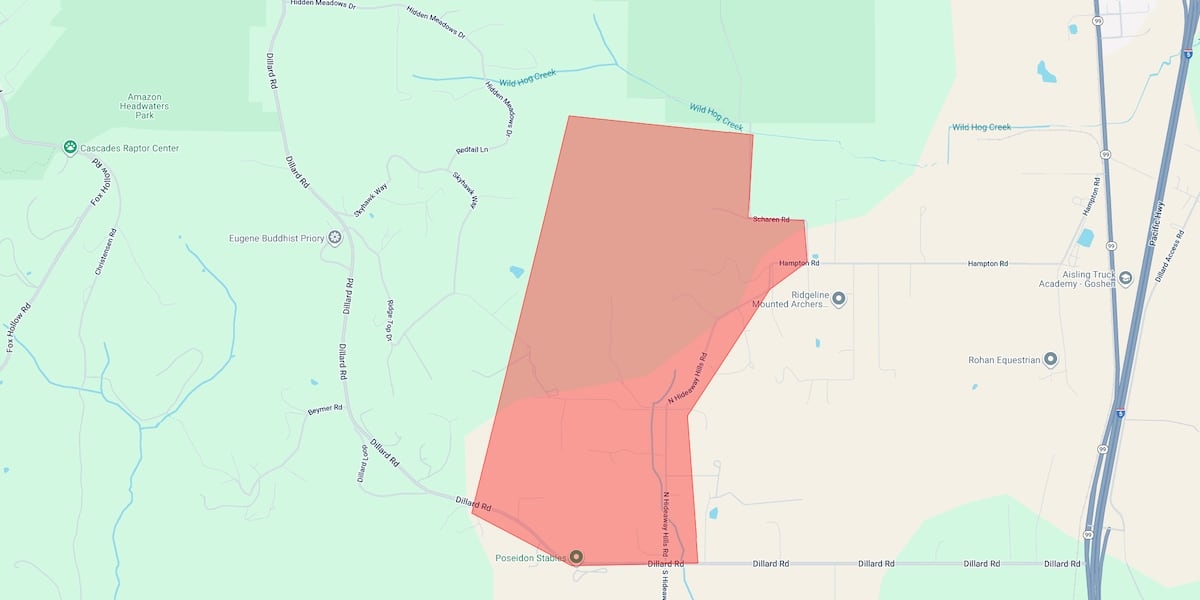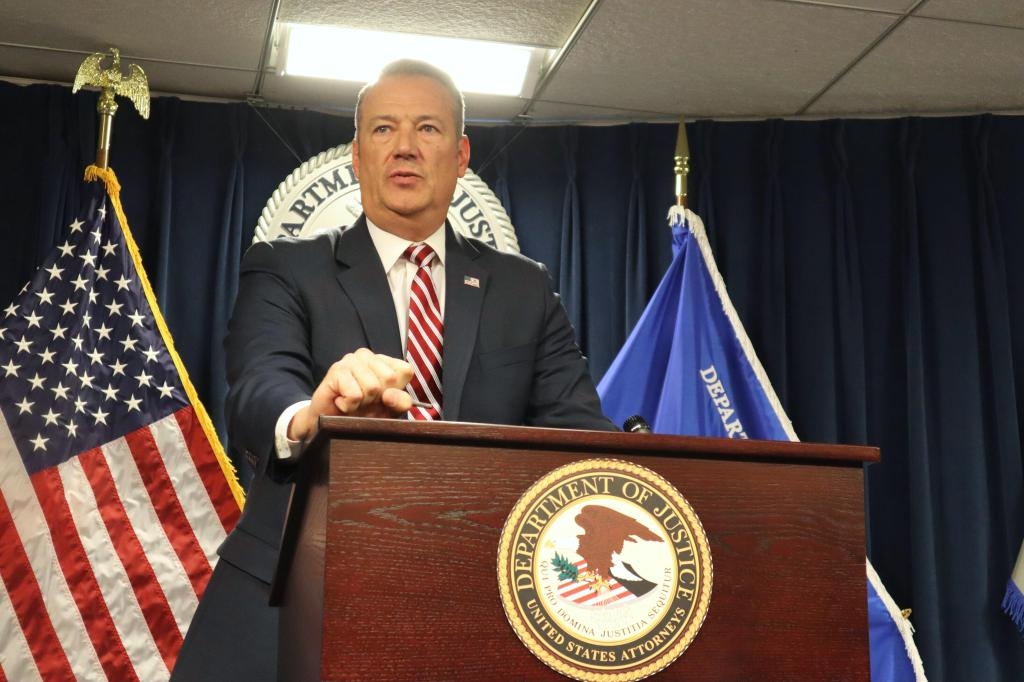

Published on: 08/20/2025
This news was posted by Oregon Today News
Description
Rural counties in Oregon could soon face a budget crisis. The One Big Beautiful Bill is getting rid of a key funding source for timber counties, and Congress has yet to act on another stopgap funding measure.
OPB environmental policy reporter April Ehrlich recently dug deep into the financial challenges these counties face — and the decisions, dating back nearly a century, that got them here. She discussed her reporting with OPB Morning Edition host Jess Hazel. Their conversation is lightly edited.
Click play to listen in:
Jess Hazel: There are several changes at the federal level that could have huge impacts for rural counties. Let’s start with changes under the Big Beautiful Bill. What’s the major shift there?
April Ehrlich: The bill ends a timber revenue-sharing agreement that the federal government has had for about a century, where the federal government logs some trees on its land and shares part of it with counties in the form of timber receipts.

That’s important because these counties have a lot of federal land within their boundaries, and they can’t tax that land, so it doesn’t generate property taxes. That timber money usually helps counties pay for health departments, law enforcement, libraries, all of the public services that we enjoy.
So for the last century, the federal government has had a deal with counties. It will give some money to them in the form of these timber receipts just for having so much federal land within their boundaries. These counties have relied on that money to help them pay for roads and law enforcement.
Here’s how Curry County Commissioner Jay Trost explained it to me, having this sort of money just suddenly taken away from them.
Curry County Commissioner Jay Trost: Those are the receipts that allow us to tread water. That’s the best way I can put it. And removal of those means we are sinking.
Ehrlich: Trost says Curry County already has a very limited sheriff’s department, where deputies are only responding to calls for life-threatening emergencies or crimes that are actively happening.
Hazel: OK, funding county budgets with revenue from logging on federal lands seems like a roundabout model at best. How did that get started?
Ehrlich: It goes back to the days of President Teddy Roosevelt. Back then, the East Coast was becoming highly industrialized. Roosevelt saw value in preserving nature, not just for recreation — a lot of folks know he was a big hunter — but also for natural resources like water quality and timber.

So Roosevelt helped establish what we know today as national parks and forests. But blocking these areas from development meant growing communities on the west side of the country couldn’t collect taxes on these large chunks of federal land within their boundaries.
So Roosevelt made a promise: The federal government would log its land and send a cut of that money to the counties. Counties have built their budgets around that revenue ever since.
Hazel: Revenue had to have taken a hit when logging really declined in the 1980s and ‘90s, right? How did Congress address the funding shortfall back then?
Ehrlich: A lot of people are aware of the Timber Wars. New environmental regulations limited logging, but also globalization shifted operations overseas. So we saw a decrease in logging overall.
So the federal government came up with a solution. They figured this new program called Secure Rural Schools would help counties fill in that budget gap from losing those logging revenues. This program helps pay for schools and county budgets.
Counties, ever since then, have had a choice. They could either get Secure Rural Schools payments or they could get a share of timber revenues. For the most part, they have tended to choose Secure Rural Schools, because the payments tend to be larger.
Hazel: And why can’t counties depend on money from the Secure Rural Schools program now?
Ehrlich: So Congress has to renew Secure Rural Schools funding every couple of years, and it hasn’t renewed it since 2023.
Oregon’s U.S. senators Ron Wyden and Jeff Merkley — Democrats — have introduced a bill that would renew secure rural schools. It passed the Senate, but it’s stuck in the House.
Republican U.S. Congressman Cliff Bentz from Oregon says he’s working on a bill that could renew secure rural schools.
U.S. Congressman Cliff Bentz: We are at this point working to include it in another bill and, and we think we have support for it, it’s going to happen.
Ehrlich: I’ve asked his office for more information, but I have not heard back.
Hazel: So no more funding from logging on federal lands, possibly no more Secure Rural Schools funding, and Republican leaning voters generally don’t support property tax increases. The only thing left when faced with a big budget shortfall is significant cuts. How might services be impacted?
Ehrlich: The way it’s been explained to me is people might see more potholes in the roads, bridges falling into disrepair, and — especially — shrinking law enforcement. Some entire sheriffs departments may even disappear.
Read more from April Ehrlich’s reporting on the budget crisis facing many rural counties: ‘We are sinking’: Oregon timber counties flail, awaiting Congress to renew key funding.
News Source : https://www.opb.org/article/2025/08/20/rural-oregon-counties-understanding-budget-crisis/
Other Related News
08/21/2025
Richard Simms Jr and Nicole Lashawn Davis had been living together but were estranged at t...
08/21/2025
The Lane County Sheriffs Office issued Level 3 Go Now evacuation orders due to a wildfire ...
08/21/2025
Acting ICE Director Todd Lyons said federal immigration authorities plan to flood Boston i...
08/21/2025
Ethan Foltz 22 of Eugene allegedly ran botnet that reportedly targeted X formerly Twitter ...
08/21/2025










